3 Keys to Overcome Email Overload – Part 6a: Organisational dysfunction
This is the 8th in a series of blog posts designed to help you recognise the profound and far-reaching impact email overload has in your life and offer solutions to help you overcome the challenges it presents.
There are 7 Critical Impacts of Information & Email Overload.
Impact #6: Organisational dysfunction
Looking beyond the impact of email overload on individuals, one can also see the ‘knock on’ effect it has on many aspects of an organisation and some of its more important processes. The first of these is . . .
Manager/staff interactions
An important role of managers is to lead, guide, support and coach/mentor their team members.
However, many staff complain about being unable to get any or enough time to communicate with their immediate manager. Yet managers can waste innumerable hours dealing with email and other information inputs but don’t find time to respond to a subordinate’s message or request for days.
The fact that a subordinate is unable to get a manager’s advice, support or coaching in a timely manner is an alarming sign of how widespread the impact of ‘overload’ has broken down even the most basic of management processes. And then, even when an employee and manager do get together for a “one–on–one” interaction, much of that time will be lost as the manager deals with interruptions via phone, e-mail or other staff.
In the past, the management level of an organisation only handled as much information as needed to make key decisions and move the organisation forward. But these days, managers are drowning in information and, in addition to taking up time that could be used for staff interaction, there are a number of other impacts at management level, including;
Slows down decision making
Heightened concerned about missing something (in an overloaded inbox)
More likely to access work email outside work hours (impacting worklife balance)
And the vehicle for this overload of information and communication has been . . . email. Staff can so easily email a manager on trivial issues that they wouldn’t bother to ring about nor even think of visiting their manager's office to discuss.
So, what can do you about it?
Here's 3 tips that might help improve the manager/subordinate relationship;
Have regular, designated times for communication - you could call this GAM (got a minute) or even GAS (got a second) time!
Agree to meet away from (or turn off) devices or people which/who will interrupt.
Meet in a café or go for a walk n’ talk (see the benefits of a walk for your productivity) – it will do both of you good - mentally, physically, relationally etc
The next blog post will look at the impact of information & email overload on meeting effectiveness in an organisation.
All the best!

